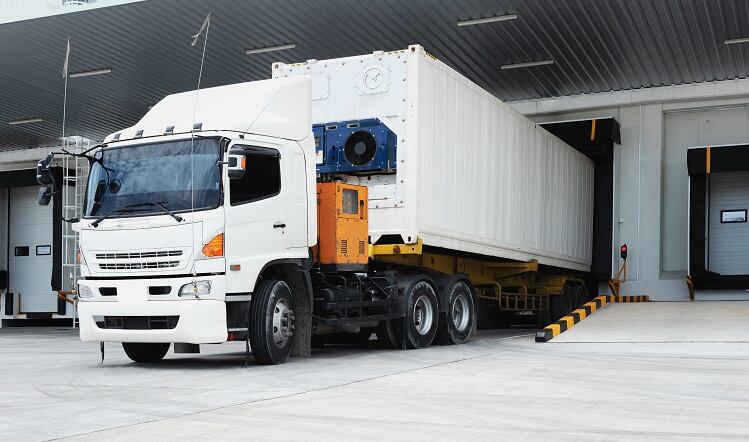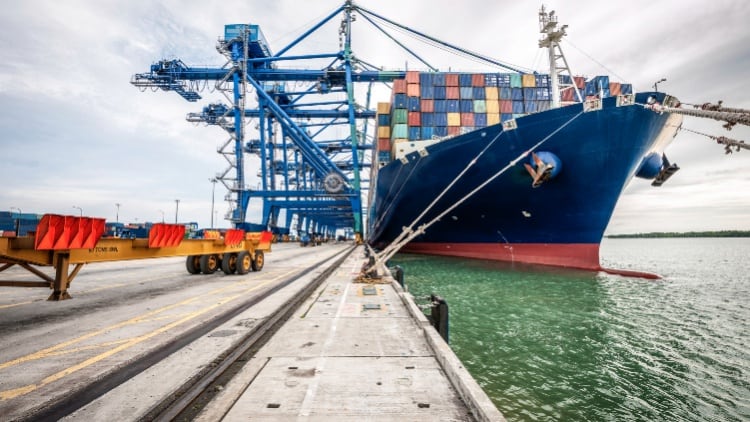A new survey conducted by the CCF found that 39% of the food producing businesses in Europe supplying goods to the UK were not aware of the new rules and timeframes announced by the Government.
Under these new post-Brexit import rules, export health certificates signed by a qualified certifying officer will become mandatory for every consignment of ‘medium risk’ meat, dairy and fish products exported from the EU to the UK, from 31st October.
Of the businesses surveyed, 41% said they do not have plans in place to ensure compliance with this requirement.
‘Deeply worrying’ development
CCF chief executive Shane Brennan said: “It is deeply worrying that well over a third of these food producing businesses supplying into the UK are not aware that these significant changes are looming.
“Communications from UK Government to these businesses has not been good enough and it is the food retailers, hospitality businesses and consumers here in the UK who will pay the price with disruption, delays, and losses.
The CCF has written to ministers with the survey’s findings and requested that the 31 October implementation of the export health certificates to be moved back to 31st January 2024.
“Government must use the extra time to deliver a much wider and better resourced communications campaign, starting now, to increase awareness among EU businesses in enough time for a full implementation on 31st January next year,” Brennan added.
Marginal change, big difference
“By then the UK should also have a fully staffed border inspection team, enforcing the new rules but also providing support and advice for these EU importers. With so much stress, cost inflation and other pressures in the food supply chain this year, this marginal change in the implementation plans could make a big difference.”
The survey also found that 78% if businesses believed costs will increase to their customers as a result of the new rules, even more so for businesses scrambling to meet them at the last minute.
“These costs will be passed onto UK retailers, ultimately leading to higher prices for UK consumers and pushing food inflation even higher,” Brennan continued.
Only 60% of respondents said they planned to seek to continue their service to the same customers at the same frequency after 31 October, while 10% planned to reduce the frequency and range of UK based customers they serve. A further 7% planned to stop altogether and 22% said they don’t know at this stage.





